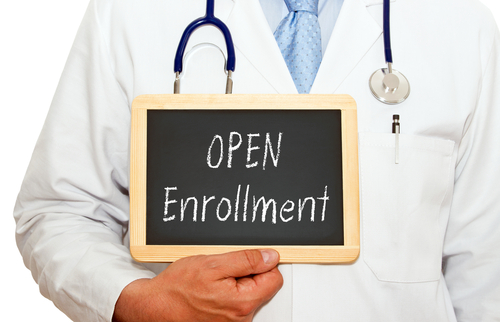Seattle Genetics Initiates Phase 1 Trial of SEA-BCMA in Relapsed or Refractory Multiple Myeloma Patients
Written by |

Seattle Genetics is recruiting patients with relapsed or refractory multiple myeloma into a Phase 1 clinical trial to study the safety and tolerability of its investigational antibody SEA-BCMA.
The study (NCT03582033), which already has dosed its first participant, is being conducted in the United States and is expected to enroll approximately 65 myeloma patients.
It will be conducted in two parts. In part one, 25 patients will receive increasing doses of SEA-BCMA to evaluate its safety and determine the best dose for further testing. The second part will test the selected dose in 40 additional myeloma patients, to continue studying its safety and preliminary signs of efficacy.
SEA-BCMA will be given every two weeks, or every four weeks if recommended by an independent Safety Monitoring Committee, by intravenous infusion. The treatment will be continued until disease progression or reported unacceptable toxicity.
For additional information on the Phase 1 trial, visit its registry webpage.
“Despite recent advances in the treatment of multiple myeloma, it remains an incurable disease with a need for active and well-tolerated agents,” Roger D. Dansey, MD, chief medical officer of Seattle Genetics, said in a press release.
“SEA-BCMA represents a novel empowered antibody treatment approach that has demonstrated antitumor activity and an acceptable safety profile in preclinical evaluation to date,” he said. “We look forward to evaluating SEA-BCMA through our clinical development program and hope to meaningfully improve outcomes for multiple myeloma patients.”
BCMA, or B-cell maturation antigen, is a cell surface protein produced at high levels by several cancer cell types, including multiple myeloma and other B-cell malignancies.
While many antibodies have been designed to target this protein, Seattle Genetics designed SEA-BCMA to improve specificity and anti-tumor activity. The molecule was made using the company’s proprietary Sugar Engineered Antibody (SEA) technology, which adds sugar molecules to the original antibody.
The approach improves the binding of anti-tumor immune cells to the antibody, enhancing the immune response against cancer. In addition, the antibody blocks the proliferative signals sent to cells when the BCMA ligands bind to BCMA.
In preclinical studies, SEA-BCMA effectively delayed tumor growth in several myeloma mouse models, regardless of BCMA levels, improving their survival rates. In monkeys, SEA-BCMA was also stable and well-tolerated, with no significant adverse toxicity or non-specific interactions.
Seattle Genetics is also evaluating SEA-BCMA, in combination with Unum Therapeutics’ ACTR087, in another Phase 1 trial (NCT03266692) for relapsed or refractory multiple myeloma.
ACTR087 is an antibody-coupled T-cell receptor (ACTR) therapy, where T-cells are modified to recognize cells bound to tumor-targeting antibodies, like SEA-BCMA, enhancing immune responses against antibody-labeled cells.
The trial, which is still recruiting participants, is expected to include 30 patients in the United States.



